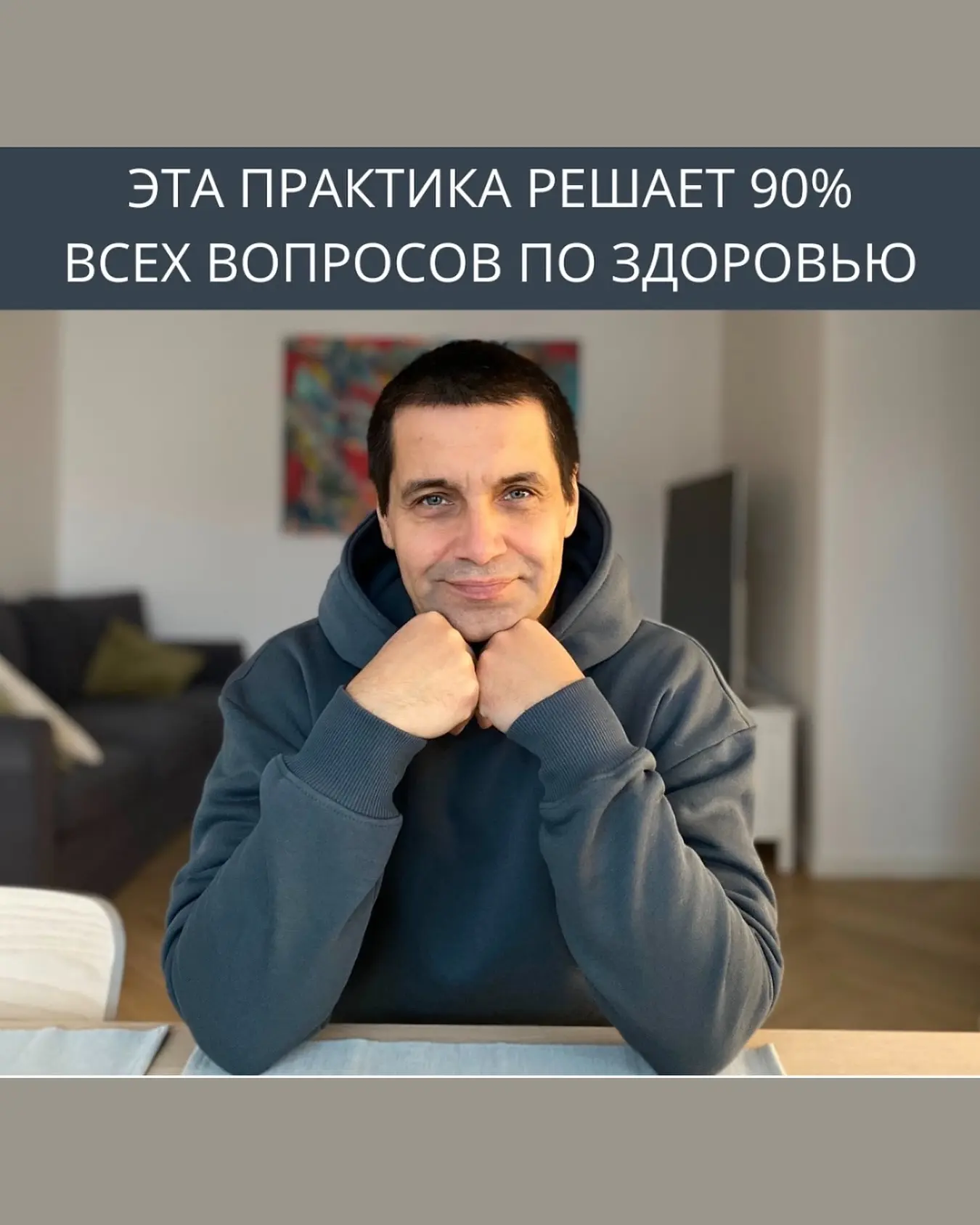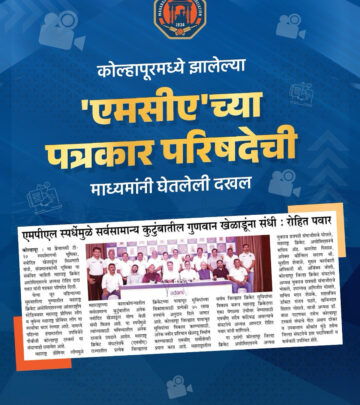Health Practice Solves Most Questions
Boost Your Health with Mindful Tea, Balanced Sleep, and I Tsjin Tsjin for Total Wellbeing!

Image: Instagram
In 2010, a memorable conversation over tea sparked a revelation in holistic health. During a two‐day seminar in Moscow, a renowned physician named Alexander visited to share his expertise on well‐being. The discussion, held over warm cups of Indian tea, evolved into an exploration of what the human body truly needs for long‐term health.
A Conversation Over Tea
The memorable evenings began with the simple act of sharing tea, which quickly turned into an in-depth dialogue about health principles. Having met Alexander at a Qi Gong and Yoga intensive course, the two discovered that their views aligned on 90% of essential health issues. Their conversation touched on topics as fundamental as adequate physical activity, full and mindful breathing, quality sleep, nutritious and conscious eating, and maintaining mental health with a positive outlook. These elements are the pillars of a balanced life—what they collectively term the foundation of wellness.
Core Health Elements
During their dialogue, both experts emphasized several key components. They agreed that a healthy lifestyle requires:
• Adequate physical activity
• Full, rhythmic breathing
• Quality and restorative sleep
• Conscious, healthy nutrition
• Mental well-being with a sustained positive state
It was within this framework that the course titled “I Tsjin Tsjin” was born. The program integrates these core elements into a comprehensive practice designed to work with the body’s natural rhythms. The technique advocates that by practicing these mindful methods, people naturally shift from acting on autopilot to making more conscious decisions in everyday life—especially when it comes to nutrition.
Mindfulness In Nutrition
One unique insight shared during these tea sessions was how mindfulness can revolutionize one’s approach to eating. As participants engage in the practice, they begin to truly feel what their body requires. Instead of mechanically consuming food, they become attuned to nourishment that enhances physical and mental well-being. The idea is simple: when you learn to slow down and pay attention, eating becomes an intuitive act rather than a rushed, stress‐laden task.
The discussion took an interesting turn when Alexander remarked, “There are people who do not allow themselves to heal.” This statement struck a chord. He explained that many individuals, overwhelmed by work, family, and a myriad of daily responsibilities, rarely take the time to care for their own well-being. In a society where self-care is often seen as a luxury, the practice illustrated a powerful opportunity to reclaim control over personal health.
Self-care And Time Management
The conversation ultimately offered a challenge: become the master of your own time and health. In a world where the pace of life leaves little room for self-care, the I Tsjin Tsjin complex serves as a reminder that true wellness comes from investing in oneself. Mindful practices like these can lead to incremental changes without any forced effort—simply by becoming more aware of what your body truly needs. This philosophy resonates strongly in today’s fast-paced environment, where taking a moment for oneself can be seen as an act of radical self-respect.
The practice has attracted attention not only for its innovative approach to health but also for its practical application. The method is now supported by figures such as Stanislav Suschev, a reputable Qi Gong instructor known for his in-depth understanding of mind-body practices. Stanislav, whose work is featured under the Instagram handle @silapotoka, has been at the forefront of promoting wellness techniques that merge traditional practices with modern lifestyle challenges. His presence reinforces the idea that taking care of one’s health is a proactive, empowering choice—and not a luxury reserved for a select few.
A Growing Movement
Recent related posts on Instagram further emphasize the growing trend toward mindful health practices. One post highlights the transformation that comes with adopting a mindful lifestyle, while another showcases practitioners sharing their journey toward restoring balance in life. Though the posts vary in style, the underlying message is consistent: when you become attentive to your body’s signals, changes occur effortlessly and naturally. The I Tsjin Tsjin complex has, in many ways, transformed the approach to health from one of reactive treatment to proactive well-being.
This innovative practice is now accessible to a wider audience through an online course, with the registration link conveniently placed in the profile of the course instructor. The course offers practical guidance and expert-backed insights, ensuring that participants can integrate the core health principles into their daily routines without feeling overwhelmed. It encourages a shift in perspective: instead of seeing health as a distant goal achieved through strenuous effort, it is presented as an ongoing, intuitive process that starts with a single mindful cup of tea.
The narrative from that tea session in 2010 continues to resonate today. It serves as a reminder that true health is a mosaic of simple yet vital practices. As the conversation between Alexander and his peer shows, the answers to 90% of our health questions might be found in the unassuming ritual of sharing a well-prepared cup of tea.
Embracing such mindful practices can lead to a true transformation—not only in the way we nourish our bodies but also in how we approach life. Ultimately, reclaiming the time for self-care is about acknowledging that personal well-being should always be a priority, even amid the chaos of modern schedules.
Read full bio of Srijita De
























